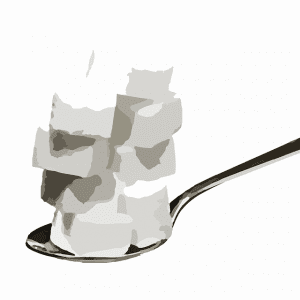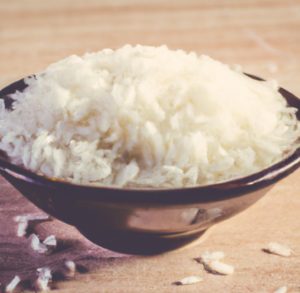How Do Carbohydrates Function?

It is easy to get the impression that carbohydrates are the bad guys when it comes to being healthy and losing weight. However, before we talk about carbohydrates function, let us first talk about carbohydrates themselves.
Carbohydrates form a significant part of our food source; they help generate energy and build body strength. Besides proteins and fats, carbohydrates are the other macronutrients necessary for the body.
Carbohydrates can be consumed in different forms like fibers, sugar, etc. Carbohydrates are something we consume every day, but they are not the only thing that provides energy to the body; it’s believed they are the most efficient. The production of glucose and sucrose is one of the main processes of our carbohydrates function. These sugars are, in turn, absorbed by the body to produce energy with minimal effort.
Carbohydrates Biology
As previously mentioned, carbohydrates are the primary energy source for your body. Chemically, carbohydrates are organic molecules in which carbon, hydrogen, and oxygen bond together. Carbohydrates are broken down through the process of metabolism to release energy. The following is an example of the biochemical makeup showing sugar metabolism.


By eating food sources of carbohydrates such as potatoes, rice, and wheat, your body will receive the energy as a by-product of the sugar’s metabolism released from the breakdown of the food.
What is the Function of Carbohydrates?
With the workload we go through every day, it becomes necessary to provide our bodies with enough energy so that the vital organs keep functioning in the proper order.
Tiredness, fatigue, and poor mental conditions are common conditions associated with the lack of carbohydrates in the body.


Carbohydrates are necessary because they are the source of energy. If there is an excess intake of foods rich in carbohydrates, they get stored in the body
How do Carbohydrates Function in the Body?
Various enzymes in the body break down and digest carbohydrates, thereby forming glucose, which is then absorbed by the body. When glucose is produced and not required, it’s stored in the muscles and liver in glycogen. Glycogen is converted into glucose as and when the body needs extra energy.
There are two different kinds of carbohydrates – simple and complex carbohydrates. Foods that can be digested by the body quickly are called simple carbohydrates, while complex carbohydrates take longer to digest.
Simple Carbohydrates
These are sometimes called bad carbohydrates, as the number of essential vitamins and nutrients provided by some of these carbohydrates is comparatively less when compared to complex carbohydrates. On the other hand, the body takes longer to convert complex carbohydrates into glucose, and the number of additives and processed sugar is low.






These carbohydrates can be broken down easily and absorbed by the body, they increase blood sugar levels rapidly, thereby boosting energy, which is followed by a quick drop in sugar levels, and as a result, energy levels. This can ultimately lead you to feel more tired.
Usually, simple carbohydrates are found in sugar, which we use to sweeten cakes, soft drinks, and sweets. As this form of carbohydrate is unnatural, the chances of gaining weight are high. Moreover, there are chances of you getting tooth decay, hunger, diabetes, and mood swings.
Complex Carbohydrates
These are also called starchy carbohydrates. Complex carbohydrates are most common in vegetables, fruits, legumes, pasta, bread, brown rice, potatoes, cereals, and grains.
In complex carbohydrates, the sugar molecules are combined together in chains, and due to their complex structure, they are not digested or broken down quickly


These carbohydrates are better for the body as energy is released slowly and steadily, leasing the same amount of energy throughout the day. The fat contained in these carbohydrates is lower, and the number of fibers and vitamins is high.
Thus, carbohydrates have many functions, the most crucial being providing energy to the body. As with all things, especially with food, it’s about balance, and too many carbohydrates can lead to weight gain and ill health. This is why they are often considered the bad guys and why low-carb diets have become so popular.
I hope this article has given you an idea of the importance to the body of the carbohydrates function.
